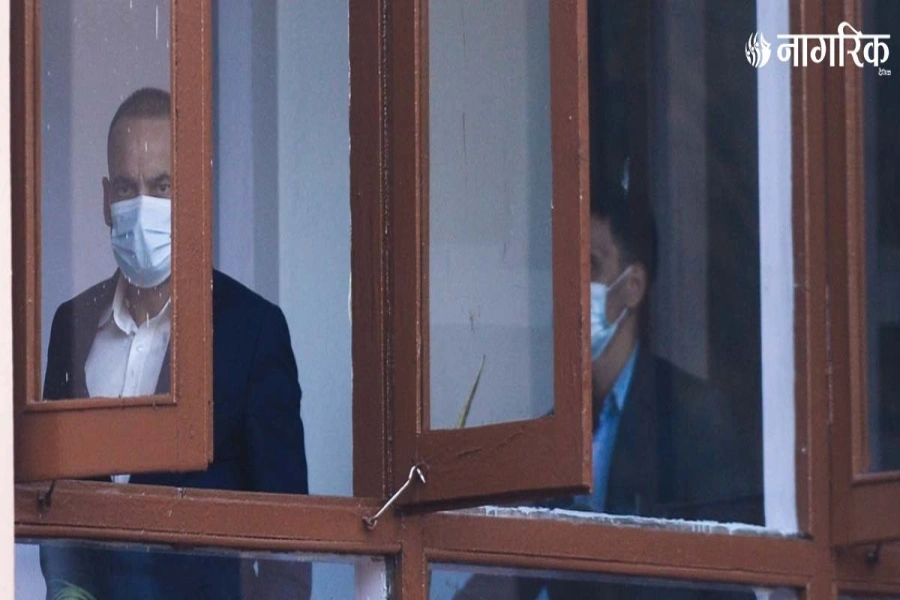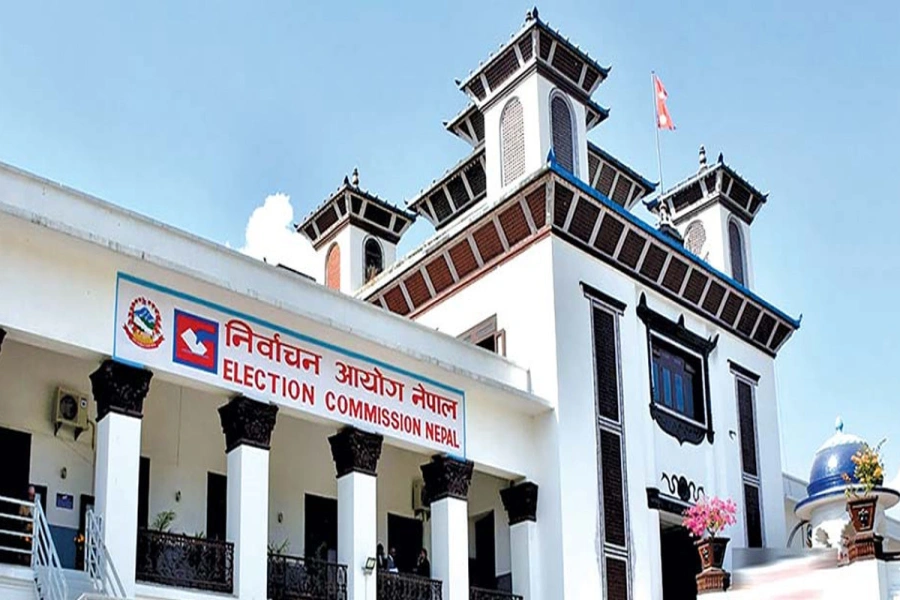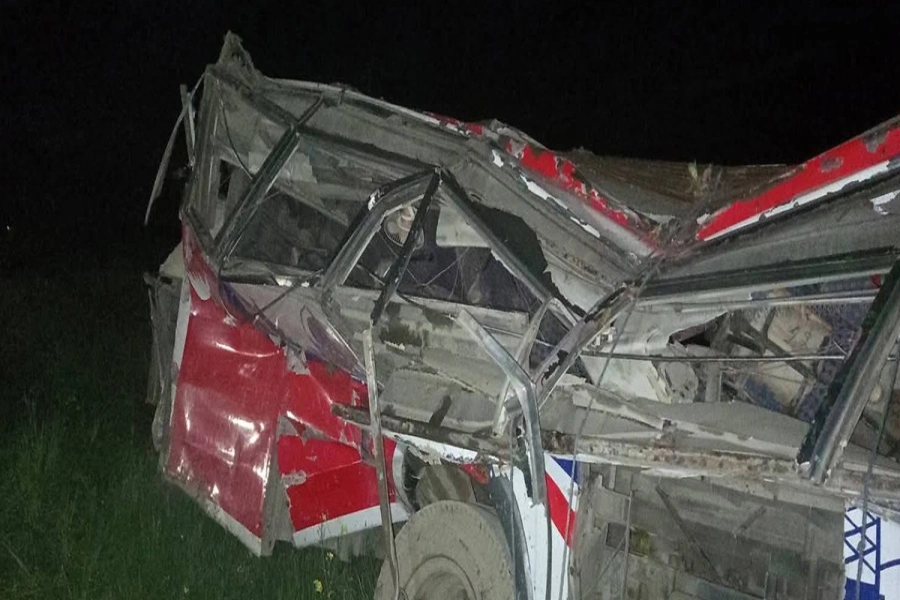The recent revelation that the government of Nepal is making preparations to ‘sell’ the Chure hills to India has raised serious concerns among experts and citizens alike. It has come to the light that the government is formulating a policy that would legalize the extraction of stones, gravel, and sand from rivers for export to other countries, primarily the southern neighbor. Although Finance Minister Dr Prakash Sharan Mahat while presenting the budget for the Fiscal Year (FY) 2023/24 announced allocation of Rs 1.05 billion for the conservation of water sources and land through President Chure Conservation Area Program, the latest developments have sparked fears that the government is paving the way for the sale of the Chure hills as a means of generating revenue. Chure experts have pointed out that the inclusion of these provisions in the government's policies and programs is a deliberate move to facilitate the transfer of the stones, gravel, and sand extracted from rivers and Chure hills to India. If media reports are anything to go by, this alarming revelation suggests that the government is actively seeking an opportune moment to introduce legislation that would enable the sale of the Chure hills. This is a worrisome development that demands immediate attention and action.
It is important to recall that a similar proposal to sell Nepal's boulders and sand to India was vehemently opposed during the previous government. In response to public outcry, the government assured that only boulders from the Mahabharat hills would be extracted and sold, ensuring that the Chure hills would remain untouched. However, it has now become evident that the designated extraction sites fall within the Chure hills themselves, contradicting the government's earlier assurances. This raises serious doubts about the government's commitment to protecting the Chure hills. The present government's intention to sell the Chure hills is particularly distressing considering the potential environmental and socio-economic consequences. The Chure region, consisting of 132 municipalities and rural municipalities, serves as a crucial water source for local communities. Displacing the people residing in this area and destroying the Chure hills would have far-reaching impacts on agriculture in the Terai region. The excavation of stones, pebbles, and boulders from the Chure hills could result in the sand flowing into farmlands, jeopardizing agricultural production and depriving people of their livelihoods. Furthermore, the loss of the Chure hills would lead to water scarcity, making it challenging for the people in Terai to meet their basic needs.
Chure exploitation goes unabated in the name of revenue generat...

It is disheartening to see that the government's motivations for selling the Chure hills are primarily driven by short-term economic gains. Reports indicate that the government is eyeing revenue of Rs 200 billion from the sale, a mere fraction of the potential losses that Nepal would suffer. By prioritizing immediate financial gains over the long-term well-being of its citizens and the environment, the government is risking irreparable damage. The Chure hills play a crucial role in maintaining the ecological balance, acting as watersheds and protecting against desertification. Sacrificing these vital natural resources for short-term gains would be a grave mistake. It is imperative that the government reconsiders its decision to sell the Chure hills to India. The potential ramifications for the environment, agriculture, and the livelihoods of millions of people cannot be overlooked. The government must explore alternative avenues to strengthen the economy rather than resorting to the destruction of irreplaceable natural resources. It is the duty of the government to protect and preserve the Chure hills for future generations, ensuring sustainable development and the well-being of the nation.
Furthermore, the upcoming visit of Prime Minister Pushpa Kamal Dahal to India adds another layer of concern. There is a fear that during this visit, an agreement may be made to sell the Chure hills, making it even more difficult to reverse the damaging course of action. It is crucial that the government prioritizes the interests of the nation and its citizens over any short-term gains that may be offered. As a newspaper, we urge the government to listen to the concerns of experts and citizens who advocate for the protection of the Chure hills. Selling these hills to India would have severe consequences for Nepal's environment, agriculture, and people’s livelihoods. The government should rethink its plans to extract and sell resources from the Chure hills, and instead focus on sustainable development strategies that prioritize the long-term well-being of the nation.
































